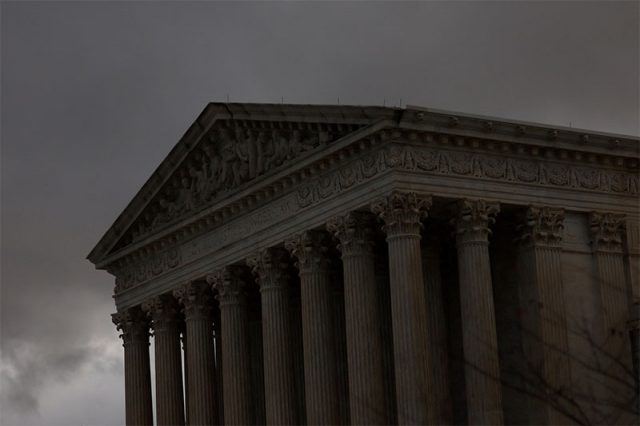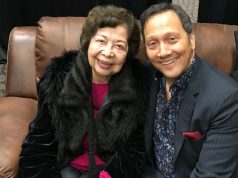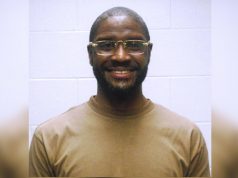
The U.S. Supreme Court on Tuesday agreed to hear an appeal by a North Carolina man serving life in prison after being convicted of taking part in a plot to murder a woman in the Philippines at the behest of the head of a multinational criminal organization.
The justices agreed to consider whether Adam Samia’s constitutional right to confront the witnesses against him at trial was violated when prosecutors introduced part of a co-defendant’s post-arrest statement admitting to the 2012 murder.
Samia, 48, was convicted in 2018 alongside former U.S. Army sergeant Joseph Hunter and another North Carolina man, Carl David Stillwell, on charges related to the murder of Filipino real estate agent, Catherine Lee,
Prosecutors said Samia killed her while working as a mercenary for Paul Le Roux, a Zimbabwe-born transnational crime leader who was sentenced in 2020 to 25 years in prison after cooperating with authorities investigating his organization.
Prosecutors said his organization committed money laundering, drug and weapons trafficking and murder in multiple countries.
Prosecutors said Joseph Hunter, a former U.S. Army sergeant who led Le Roux’s teams of mercenaries, recruited Samia and Carl David Stillwell for a “kill team,” and in exchange for money the two murdered Lee, who Le Roux believed had stolen from him.
In 2018 all three men were convicted at trial and are serving life sentences.
At trial, prosecutors introduced a post-arrest confession by Stillwell in which he named Samia as the person who pulled the trigger.
Stillwell did not testify at trial, so Samia’s lawyers could not question him. To protect his rights under the U.S. Constitution’s Sixth Amendment to confront witnesses against him, his name was redacted.
But Samia’s lawyers say the confession remained incriminating and that the federal appeals courts are divided on how to assess whether how such redacted confessions should be used at trial.
—Reporting by Nate Raymond in Boston; Editing by Howard Goller









